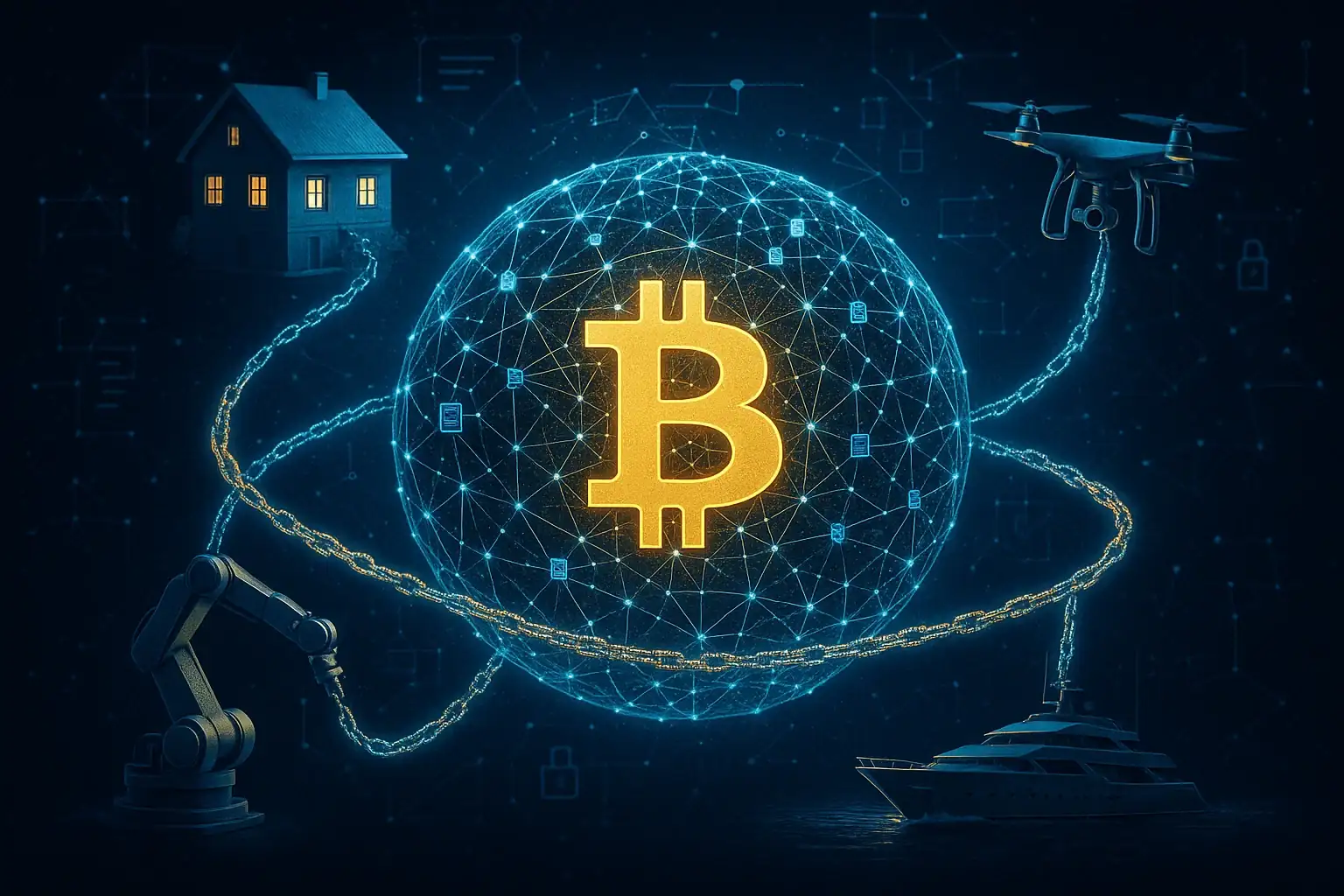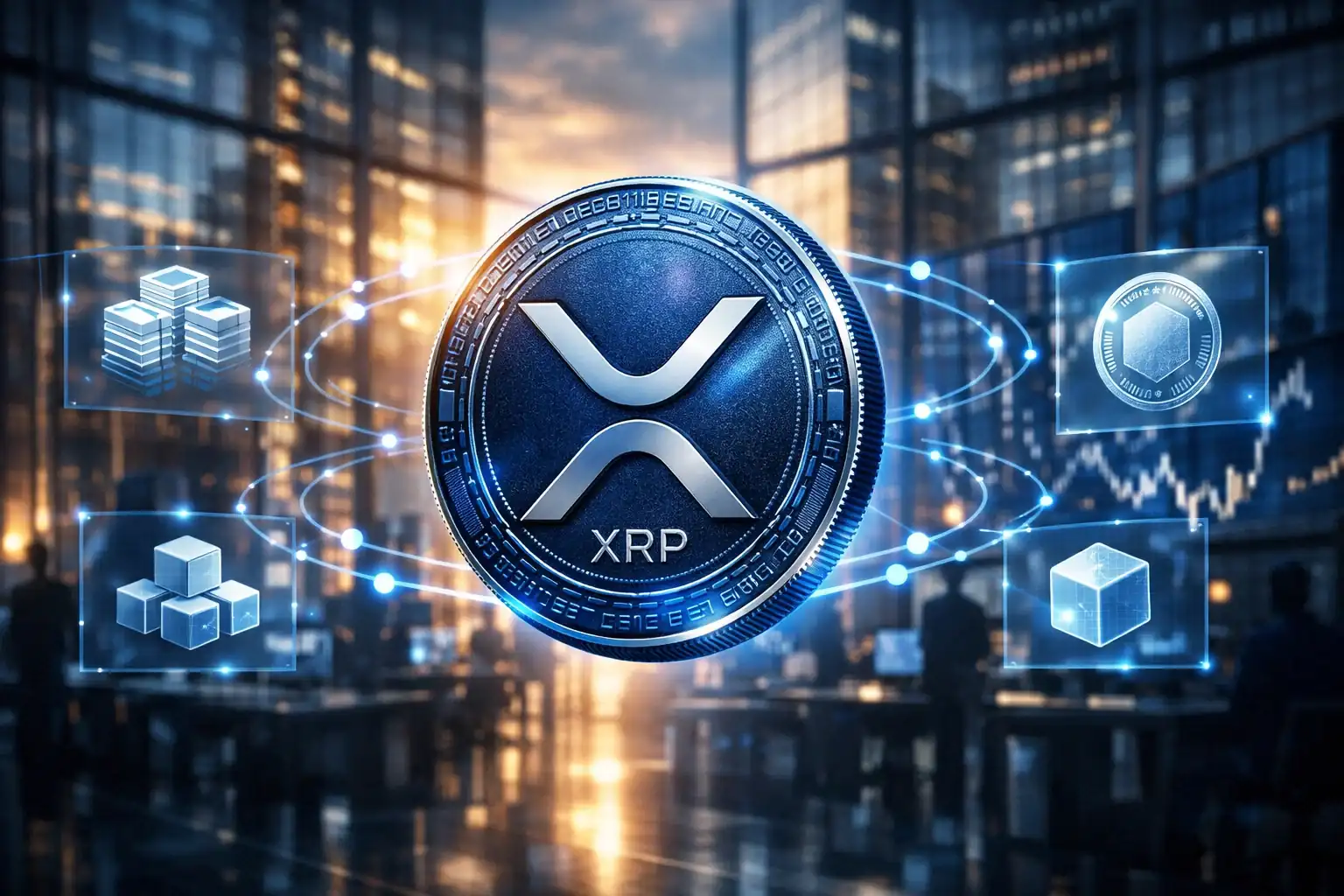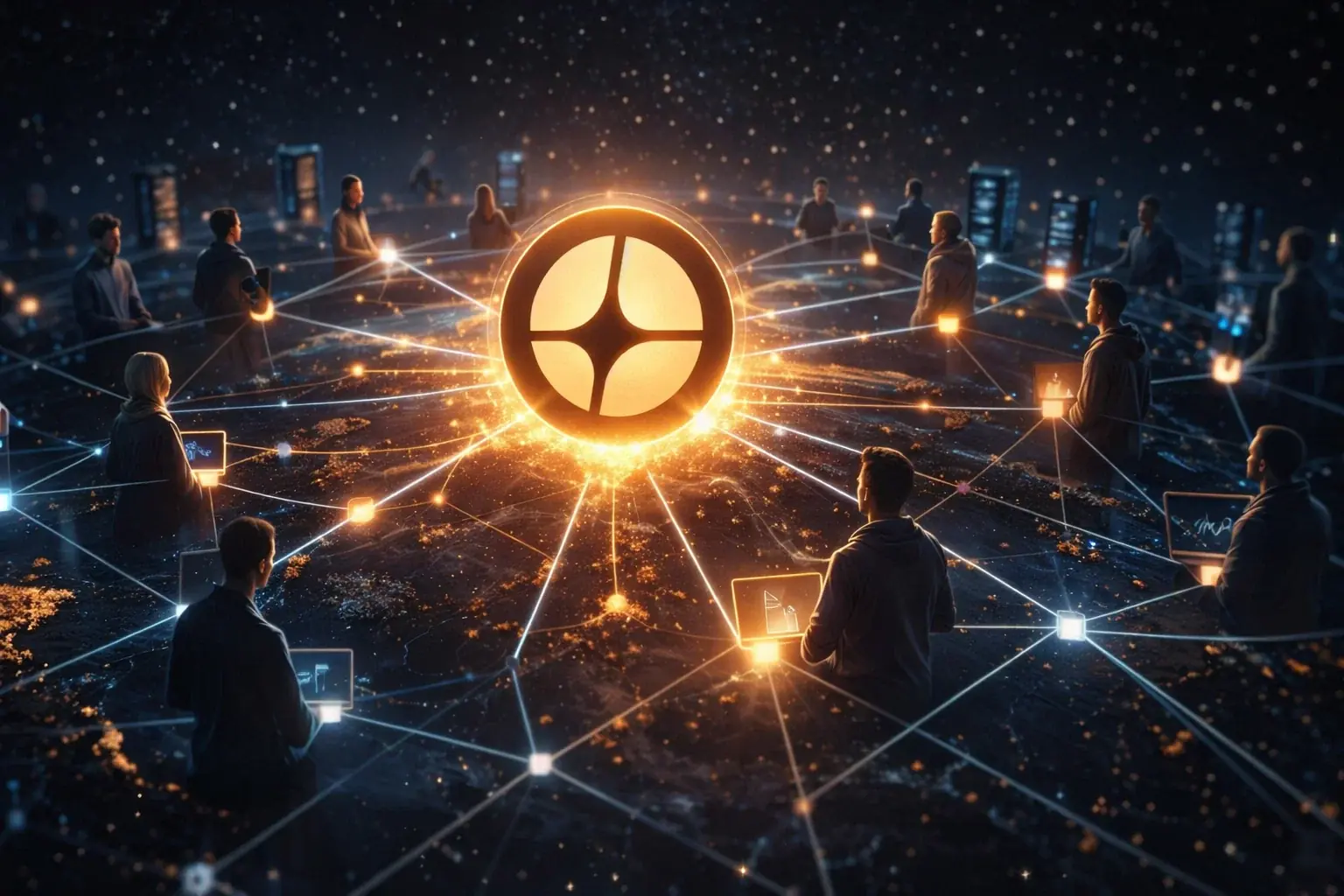In his book The Network State, Balaji Srinivasan suggests that the future of ownership lies in cryptography and that this will inevitably lead to a new type of blockchain-based ownership system.
This is a thesis with crypto-utopian overtones, but Srinivasan says the general scope of his argument should be obvious to anyone who follows technological evolution: ownership, he writes, will be secured and exchanged on-chain.
All property becomes cryptography.
- Balaji (@balajis) July 27, 2025
Let me explain why.
(1) First, right now, trillions of dollars worth of digital gold is secured on-chain. Bitcoin is now valued everywhere there is an internet connection. And no matter what political faction you're in, everyone agrees on the... https://t.co/rwJ3MLMfxd
The simplest example of how this works in practice is money itself. Bitcoin and other cryptocurrencies already represent trillions of dollars of value stored on-chain, secured as 'digital gold' by a globally replicated blockchain.
"Bitcoin is now valued everywhere there is an internet connection. And regardless of political orientation, everyone agrees on the objective fact of who owns how many BTCs," writes Srinivasan.
This makes blockchains, as property registries, maximally neutral.
The On-Chain State
But Bitcoin is only the first wave.
The stablecoins, i.e. digital currencies pegged to fiat currencies and already legally recognised in some countries, represent the next phase.
According to Srinivasan, the legal acceptance of stablecoins - devoid of political affiliation - means it is only a matter of time before other financial instruments land on the blockchain.
"There is a legal path for on-chain stocks, on-chain bonds and every other type of financial asset," he writes.
In essence, stocks, bonds and other tradable assets will be traded among peers directly on the blockchain.
Srinivasan adds that even physical assets, represented by cryptographic 'keys' supported by smart locks and other digital access systems, can be easily secured on-chain.
It is therefore a simple matter of technology and infrastructure to register proof of ownership of a house, car, plane or even an industrial machine on blockchain.
"Any door can be secured in this way. The door of a plane, a train, a boat, a building. Any door can be protected on-chain," he said.
Cars, drones and industrial equipment will in future require cryptographic signatures, instead of physical keys, in order to function.
According to Srinivasan, 99 per cent of all valuable property in the world - excluding consumable goods such as food and clothing - will eventually be recorded on-chain, due to the simple fact that any alternative is a centralised system that, whether run by governments or armed forces, is still vulnerable to attack.
The public blockchains, he argues, are designed to be unascertainable on a catastrophic scale.
The end result is what Srinivasan calls:
"A code-based order on the internet, a new form of global economic union."
A universal, codified and apolitical regime for ownership and access rights, in which contracts, ownership and control are secured by cryptographic proof.
In Srinivasan's formulation:
"All ownership becomes cryptography."








